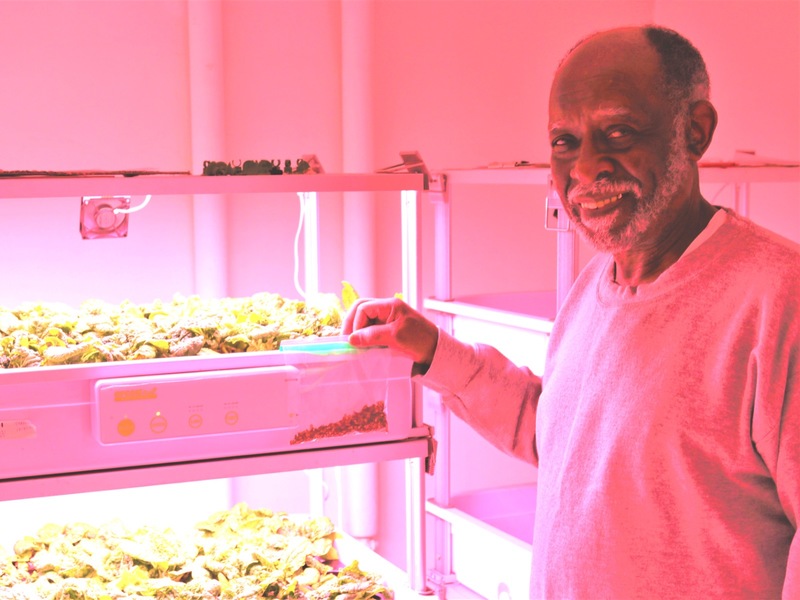{image1} Impatiens, cosmos, snapdragons, petunias. Take your pick! But before grabbing the trowel and hitting the dirt, there are a few things to remember about spring gardening in Wisconsin.
"Watch the frost dates if you're putting in tender annuals," says Lied's color program director, Dawn Bahr. "It may kill them, and it may not."
Instead of risking it, make sure the weather is kind before you plop those plants in the ground. And once you remove the weeds and debris, Bahr suggests adding peat moss, manure and fertilizer as needed.
"Make sure you really blend in the amendments for prepping the beds."
{image2}Remember, not every flower will flourish in any environment. Bahr says this is the most common gardening mistake. "It is important to pick the right plants for the right locations. You may think it looks pretty where you put it, but it might not grow."
Pay attention to tags when buying the plants so you're not disappointed mid-July when you haven't seen any color sprouting from your garden.
A few good choices for sunny spots are salvia, marigolds, petunias and alyssum, Bahr says. And for the shade, try impatiens, wax begonias or tuberous begonias. Give those guys a super soaking right afterward.
"At the beginning, more frequent waterings are needed to get the root systems going," says Bahr. And after that? "There is not a set rule for watering," she says. "When the soil is dry, you need to water."
In addition to an occasional drink, a once-a-week checkup is good for your garden.
{image3}"Use a liquid fertilizer for annuals and perennials and deadhead (prune back)" during this weekly maintenance routine, she says.
Besides the basic tips, Bahr suggests experimenting with your landscaping. There are so many color choices and combinations out there, she says. And it's not the end of the world if you don't like it.
"You only have to live with it for a year," says Bahr. "Next year, try something new."
Another perk that comes with a great garden is the relaxation factor. Weeding, planting and watering are soothing and give you peace of mind, she says.







